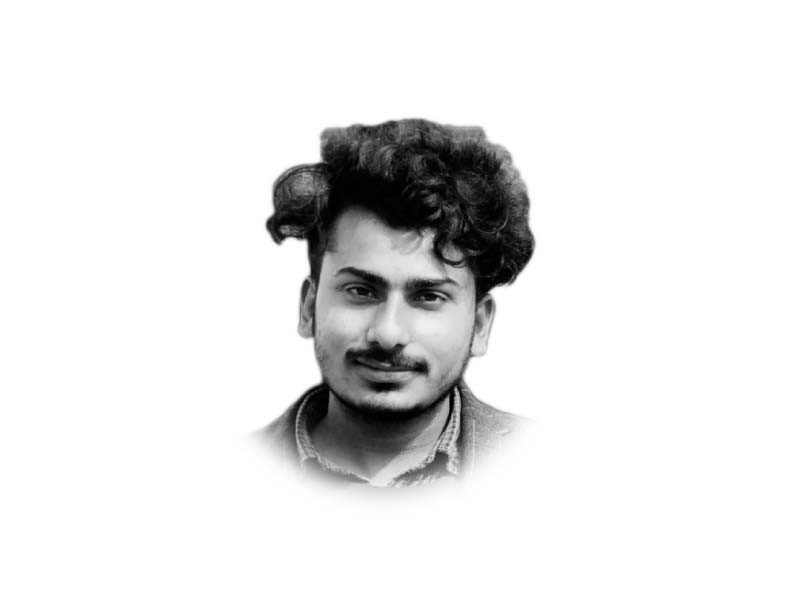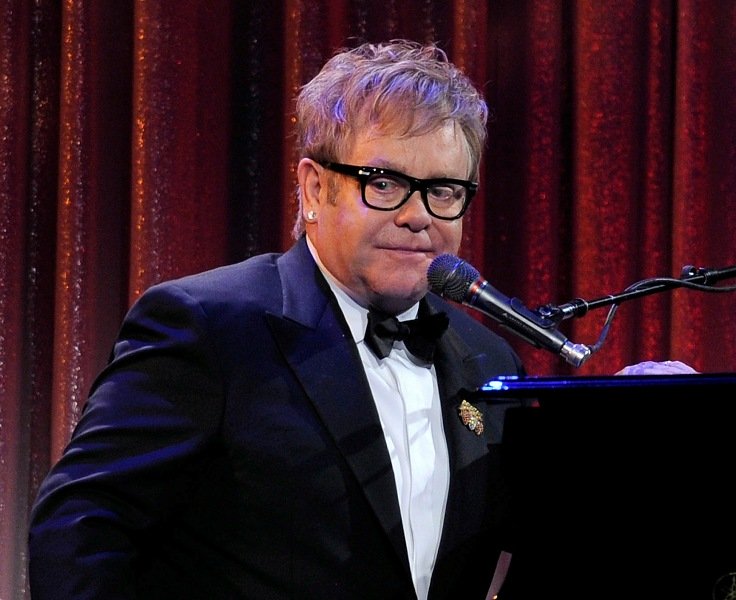
The concept of social contracts started in the Renaissance. Philosopher Thomas Hobbes stated in his book, Leviathan (1651), about the mandatory need for social contracts to establish rules and regulations against the state of nature. These mandatory prerequisites established absolute monarchies in Europe. As history progressed, new ideas emerged. John Locke, the champion of life, liberty and property, came up with the idea of individual supremacy and limited government in his magnum opus book, Two Treatises of Government (1689). The idea of a social contract expanded from absolutist monarchies to limited governments. In contrast to a more liberal interpretation of the social contract, Jean-Jacques Rousseau outlined the concept of “general will” in his book The Social Contract (1762). Moving forward to the 19th and 20th centuries, new paradigms of the social contract opened. Mill and John Rawls oriented the new ideas of the social contract according to the context and structure of society. John Rawls proposed the “difference principle”, arguing that inequalities are permissible only if they benefit the least advantaged members of society. In the age of digital technologies, climate change, data colonies and a multipolar world, we need a new social contract based on the structure and context of 21st century society.
This article outlines the New Social Contract for Pakistani Society in a few points. Pakistan’s relevance in the digital realm is minimalistic. In the age of digital identities, AI and machine learning, the common individual of the Pakistani state is becoming irrelevant in the global world. The Big Bang was the revolutionary point in the creation of our universe. AI is the new big bang in the 21st century. It will create a new world, from the political to the social realm. The state should be responsible for equipping individuals in such a way that they can cope with the coming mechanisms of AI. The idea of a new social contract is based on the fact that we need a new contract with the state in the digital world. Primary and secondary education should be mandated to include AI knowledge.
Yuval Noah said in his book, Homo Deus, writes that nations can become extraneous due to their ineptitude to acclimate to the digital world, AI and rapidly growing technologies. As Pakistani residents, our absence of involvement in areas like AI and quantum learning in the 5th Industrial Revolution sets us at hazard of being left behind. To stay relevant globally and adjust to reversing power dynamics, people should support new digital rights, and the state should safeguard these rights to welcome the technological transition.
In the 21st century, Internet is crucial for expansion and economic fortune. However, in areas like KP, Balochistan, and Gilgit-Baltistan, connectivity problems hinder income, freelancing and digitisation, which are important for economic exuberance. The absence of Internet, even 3G, in Pakistan, poses a challenge. Access to Internet should be a basic right in a new social contract for the current era.
We live in an age of climate disaster. Climate change is creating unprecedented and undeniable challenges for everyone. July was the hottest month in the last 120,000 years, according to published data in Foreign Affairs in August 2023. About 42% of the world’s calories come from rice, wheat and corn. Yields of these crops will probably decline as temperatures increase and drastic circumstances become more frequent, such as the flooding in Pakistan in 2022 that left a third of the nation underwater, destroying its rice and cotton yields. To shore up its protection against overall hunger, we need to invest more in the growth and diffusion of climate-resilient grains and less water-intensive harvests. The state must also operate to diversify supply chains, providing that if one agricultural hub suffers, alternative bases for food are functional. The provision of clean air and a good environment should be the priority of the state for all subjects. These challenges require a new social contract that must be based on curing the coming age of climate disasters.
For a larger section of society to benefit, a new social pact is mandatory for the individual.
Published in The Express Tribune, October 11th, 2023.
Like Opinion & Editorial on Facebook, follow @ETOpEd on Twitter to receive all updates on all our daily pieces.




1732259077-0/carti-(1)1732259077-0-165x106.webp)








COMMENTS
Comments are moderated and generally will be posted if they are on-topic and not abusive.
For more information, please see our Comments FAQ